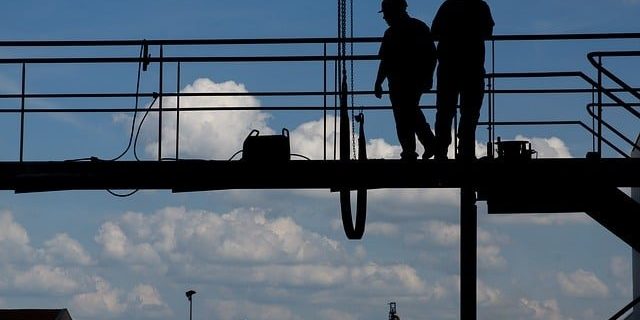Personal Injury Law Blog
Appellate court rules that worker’s husband should receive workers’ compensation death benefits

An Illinois appellate court recently ruled that a water meter reader’s husband should receive workers’ compensation death benefits for an accident in which the meter reader drowned in a puddle while suffering a seizure. In March 2011, Jacqueline Harvey started working as a meter reader for the city of Bridgeport, Illinois. She had a seizure disorder, and in May 2011, she suffered a seizure while reading a meter. As a result, she fell face down in a puddle of water that was approximately eight inches deep.
According to court documents, the inhabitants of the home discovered Ms. Harvey in their yard, and tried to revive her. But she later died at an area hospital, and her death was determined to be a drowning brought about by a clinical seizure.
When Ms. Harvey’s husband, Stephen, filed a workers’ compensation claim relevant to her death, Bridgeport city officials contended that because she was not a city employee, she was ineligible to receive workers’ compensation benefits. They also argued that Ms. Harvey was a contractor who was compensated on a monthly basis, did not have taxes withheld from her paycheck, and did not receive benefits that are usually granted to city employees.
Court records indicate that employees of the city of Bridgeport have taxes deducted from their paychecks, which are paid biweekly. In addition, the city contended that unlike city employees, Ms. Harvey had the ability to control how and when she performed her work responsibilities. Initially, an arbitrator determined that Ms. Harvey did not meet the requirements for an employee of the city of Bridgeport, and was thus, ineligible for workers’ compensation benefits.
However, when Mr. Harvey filed an appeal with the Illinois Workers’ Compensation Commission, the arbitrator’s decision was reversed, and it was ruled that Ms. Harvey’s death occurred during the course of her employment. The Illinois Compensation Commission issued an order for the city to pay $2,069.25 for medical expenses, $8,000 for burial expenses, and $466.13 each week for 25 years, or $500,000. When the city filed an appeal with the Crawford County, Illinois, Circuit Court, the commission’s decision was upheld. The city’s appeal to the Illinois Court of Appeals also resulted in a unanimous decision in favor of Mr. Harvey.
The appellate court reasoned that although Ms. Harvey had some control over her work, she had to check a specific number of meters every month in order to remain employed as a meter reader. Furthermore, due to the type of work she performed, she sometimes had to travel to low-lying rural areas in which water could collect. The ruling also stated that unlike the general public, her job required her to read the meter in standing water, and that doing so in such a secluded area meant that in the event of an accident, she would not likely receive immediate help.
I believe the court ruled correctly because her job required her to put herself at risk of falling in a pool of water, and potentially suffering injury or death. If you were injured at work, or a loved one suffered an injury, resulting in death, while on the job, you should consult a workers’ compensation attorney.
Paul Greenberg is a Chicago employment and workers’ compensation lawyer with Briskman Briskman & Greenberg. To learn more call 1.877.595.4878 or visit www.briskmanandbriskman.com.



